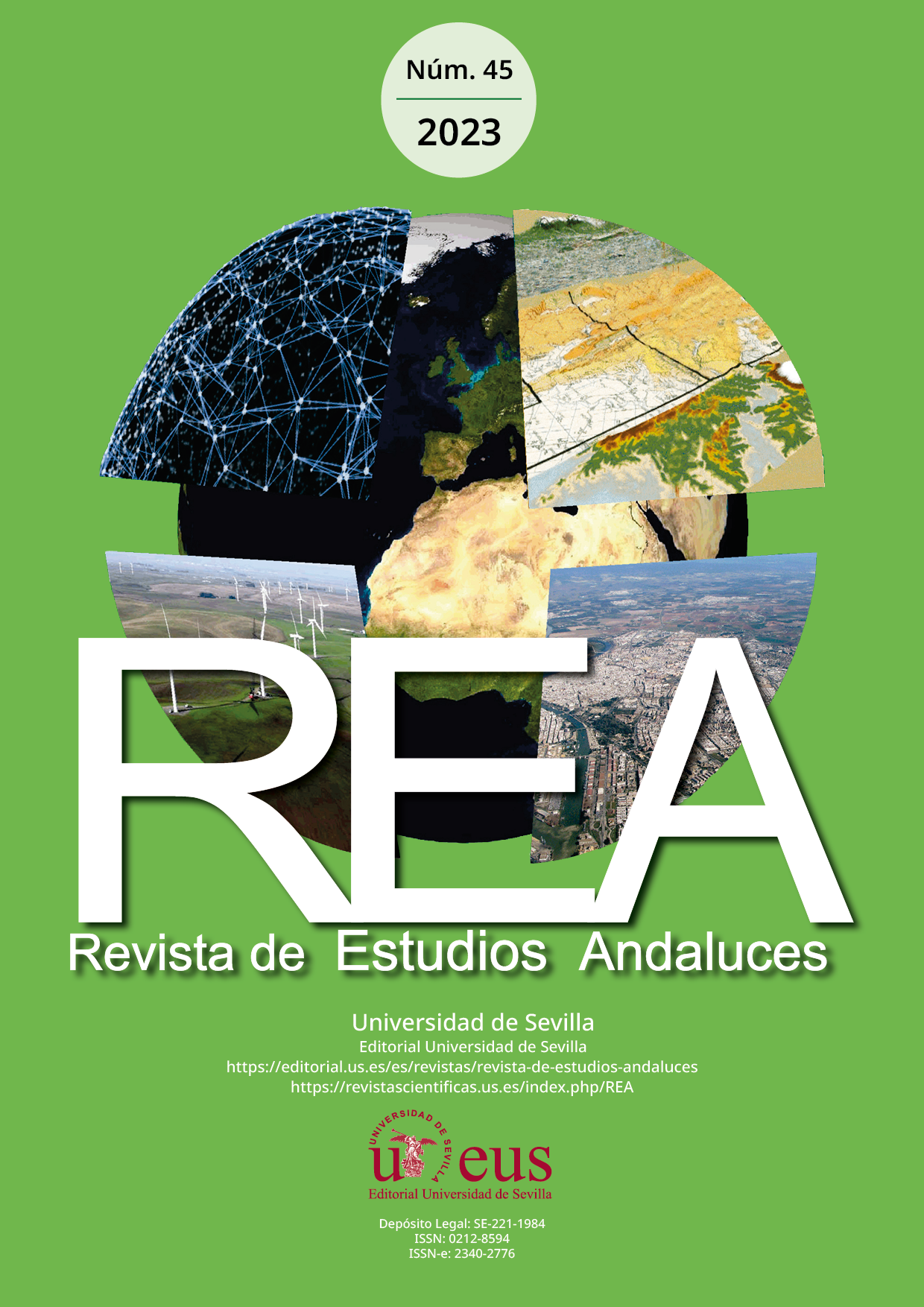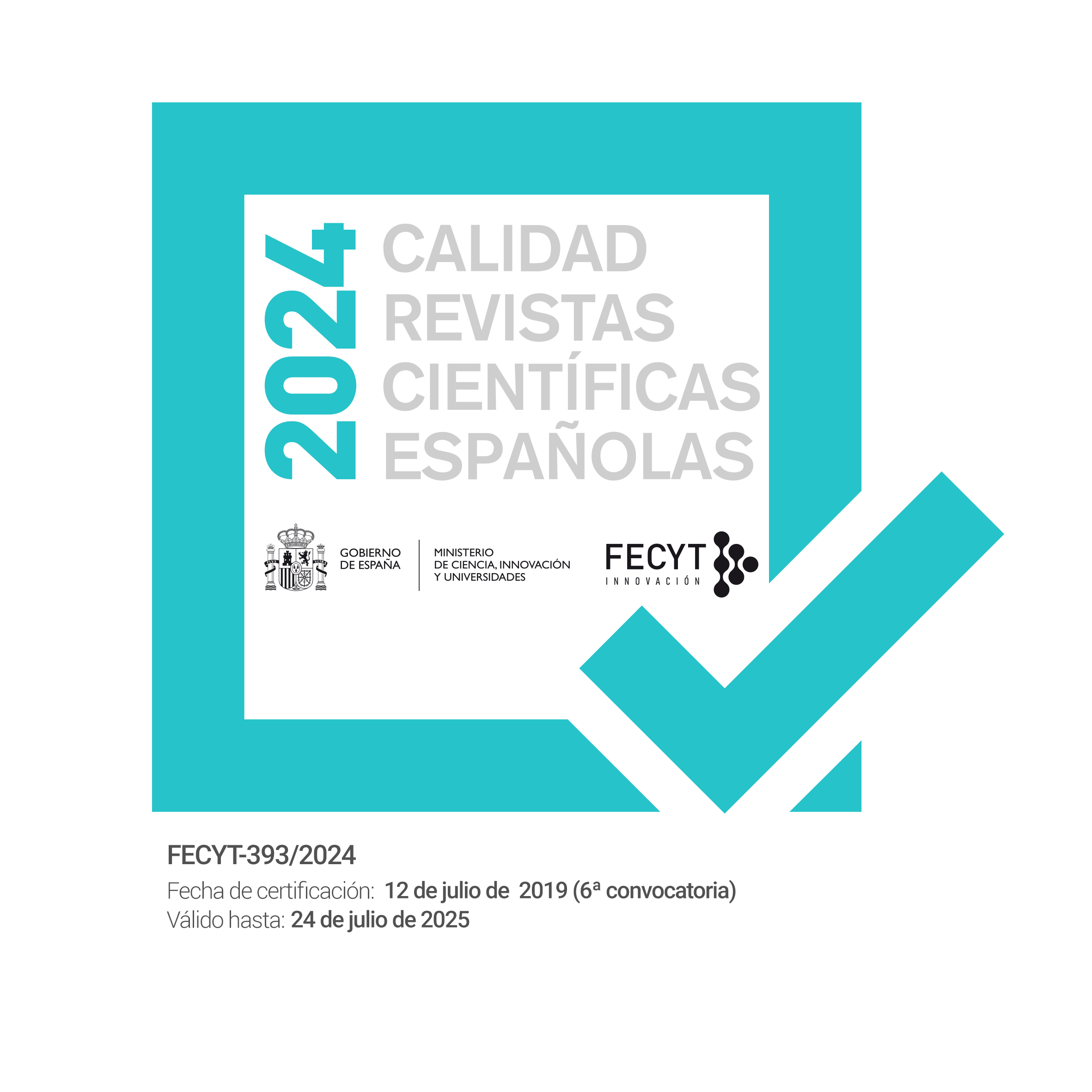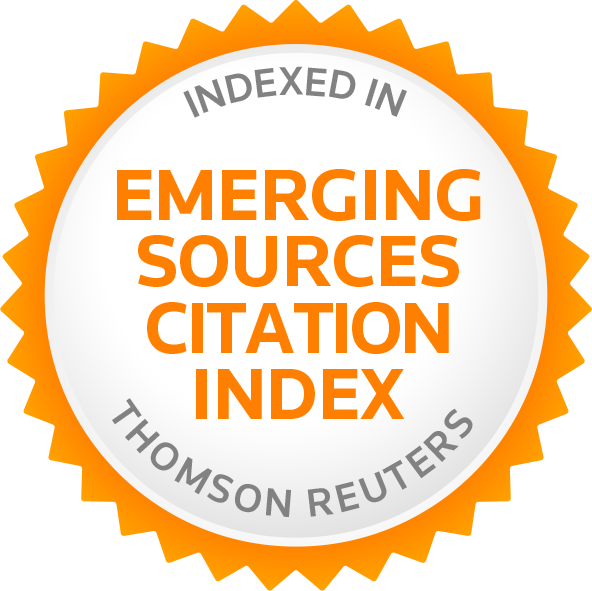Demand Responsive Transport in Italian rural areas: state of the art of technical characteristics and level of innovation of 35 case studies
Palabras clave:
Demand Responsive Transport (DRT), Low-demand areas, Rural areas, On-demand services, Public transportResumen
In recent years there has been a gradual depopulation of rural areas due to a limited supply of essential services: consequences of this are general ageing and marginalization of the resident population.
This paper intends to focus attention on Demand Responsive Transport (DRT) as a solution to public transport issues in these territories: for this purpose, through web research by keywords and the analysis of Regions’ Project Framework Agreements and sector agency websites, 35 rural DRT services implemented in Italy have been identified to analyse their technical characteristics and status of technological innovation.
In order to compare DRT services within the same historical and technological context, the study focused on case studies implemented from 2010 onwards: the results obtained were then classified based on the distance from major centres (outlying, intermediate and peripheral/ultra-peripheral areas) with the addition of a fourth category pertaining to extra-urban tourist services. Selected DRT services, evaluated on the basis of their main technical characteristics (booking system, service cost, itinerary, stops, app availability), were then assigned a respective flexibility score based on the service model used.
The results show that achievement of the highest service flexibility levels is possible only through huge public funding (74% of the DRT cases analysed show an average degree of flexibility), the ticket cost of DRT services must be limited (in 49% of cases is equal to the cost of traditional public transport) in order to attract users, most of the transit providers offer only one booking option to reduce costs and the use of innovative booking tools is still limited.
Descargas
Descargas
Publicado
Cómo citar
Número
Sección
Licencia
Derechos de autor 2023 Revista de Estudios Andaluces

Esta obra está bajo una licencia internacional Creative Commons Atribución-NoComercial-CompartirIgual 4.0.
La edición electrónica de la Revista de Estudios Andaluces se ofrece en acceso abierto desde el número 28 publicado en 2011 hasta la actualidad. Las ediciones impresa y electrónica de esta Revista son editadas por la Editorial de la Universidad de Sevilla, siendo necesario citar la procedencia en cualquier reproducción parcial o total.
La Revista de Estudios Andaluces no cobra tasas por el envío de trabajos, ni tampoco cuotas por la publicación de sus artículos. La Revista es gratuita desde el momento de la publicación de cada número y sus contenidos se distribuyen con la licencia “CreativeCommons Atribución-NoComercial-SinDerivar 4.0 Internacional” , que permite al usuario de la Revista de Estudios Andaluces criterios que cumplen con la definición de open access de la Declaración de Budapest en favor del acceso abierto. Puede consultar desde aquí la versión informativa y el texto legal de la licencia. Esta circunstancia ha de hacerse constar expresamente de esta forma cuando sea necesario.







